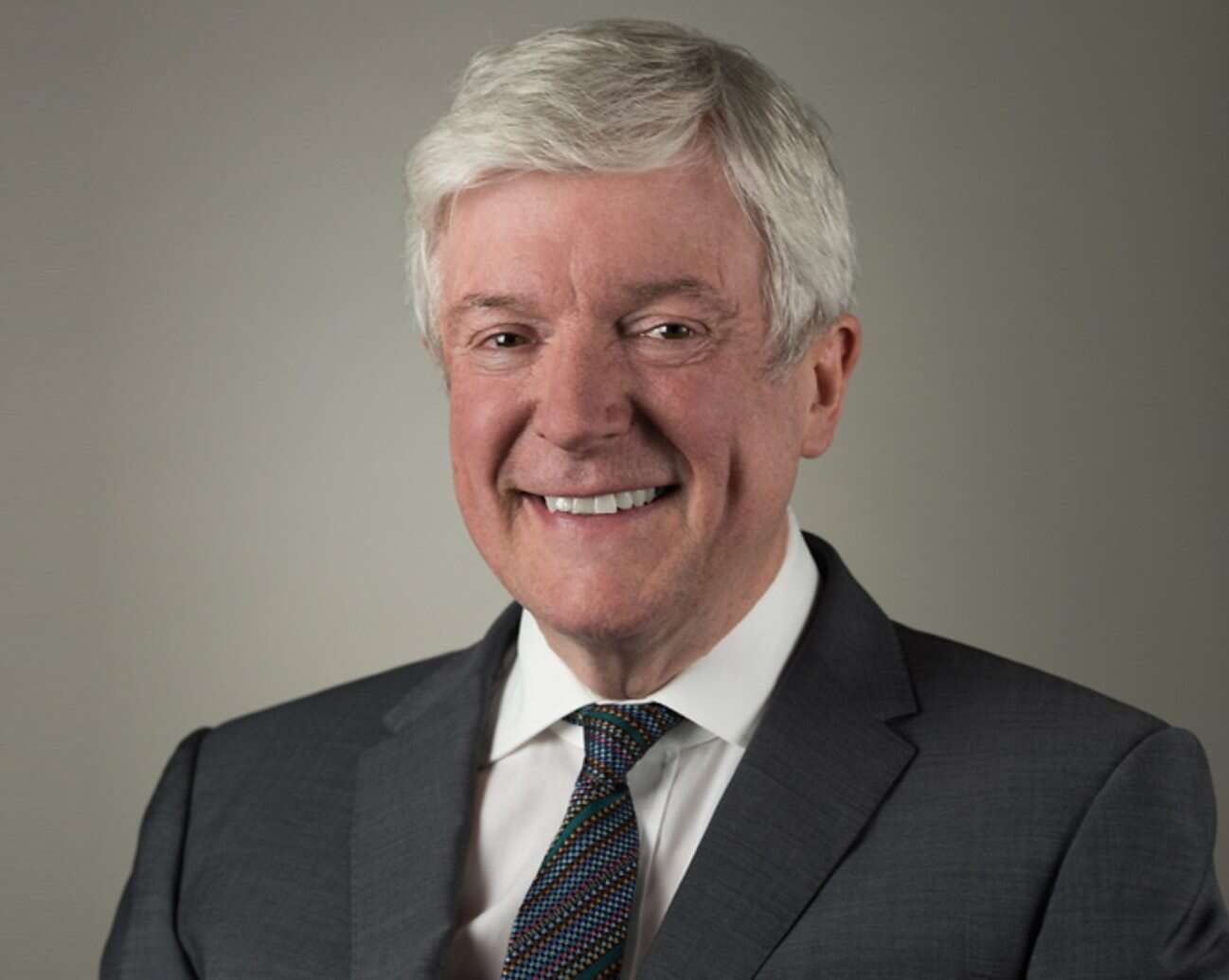
The BBC’s director-general Lord Tony Hall has defended the broadcaster’s licence-fee funding model after Boris Johnson’s Government raised questions about its future.
Tony Hall said the BBC’s success lies in it “being paid for and owned by the British public” and added that he hopes to expand the corporation’s presence outside London to continue “doing even more for communities”.
During the election campaign, Johnson said he was considering scrapping the BBC licence fee, asking: “How long can you justify a system whereby everybody who has a TV has to pay to fund a particular set of TV and radio channels?”
However current Royal Charter, the agreed constitutional basis for the BBC, began on 1 January 2017 and will run until the end of 2027. It exempts the licence-fee funding model from being changed until the charter ends.
But Treasury minister Rishi Sunak confirmed the Prime Minister had ordered a review of whether failure to pay the annual £154.50 fee should continue to be a criminal offence.
Currently non-payment of the licence fee can result in a court appearance and a fine of up to £1,000.
Writing in the FT Weekend, Lord Hall said: “The universality of the licence fee guarantees our commitment to creativity and risk-taking. Because we are funded by everyone, we must offer something outstanding for everyone.
“Far from growing less relevant in a digital age, this unique relationship with audiences has never been more necessary. How better to hardwire creative ambition into what we do in today’s media landscape?
“It ensures independence for the national broadcaster; it obliges us to serve everyone; it secures our responsibility to reflect every part of the UK.”
Lord Hall said he hopes “at least two-thirds” of the BBC will be outside London by 2027. Today the figure is half, with a sizeable base in Salford.
“We must continue to adapt. BBC iPlayer smashed all records last year and BBC Sounds is growing strongly but we need to go further,” he said.
“We need to do more for young people. Our commitment to impartiality remains absolute, but we must work harder than ever to ensure our coverage reflects all voices across the UK.”
Lord Hall also alluded to BBC journalist Samira Ahmed’s “resounding” equal pay win last week, with “many” other outstanding cases still to be resolved according to the BBC Women group.
He said: “We must work with our staff to resolve outstanding pay issues and make the BBC the best place to work.”
And emphasising the importance of the BBC’s impartial news service, Lord Hall went on: “The BBC must hold its nerve.
“If Britain did not already have a media brand capable of exporting our creative strength to the world, we would be desperate to build one.
“If we didn’t have a trusted global news service, we would need to create one to counter the state-backed actors of Russia and China.”
Picture: BBC
Email pged@pressgazette.co.uk to point out mistakes, provide story tips or send in a letter for publication on our "Letters Page" blog
